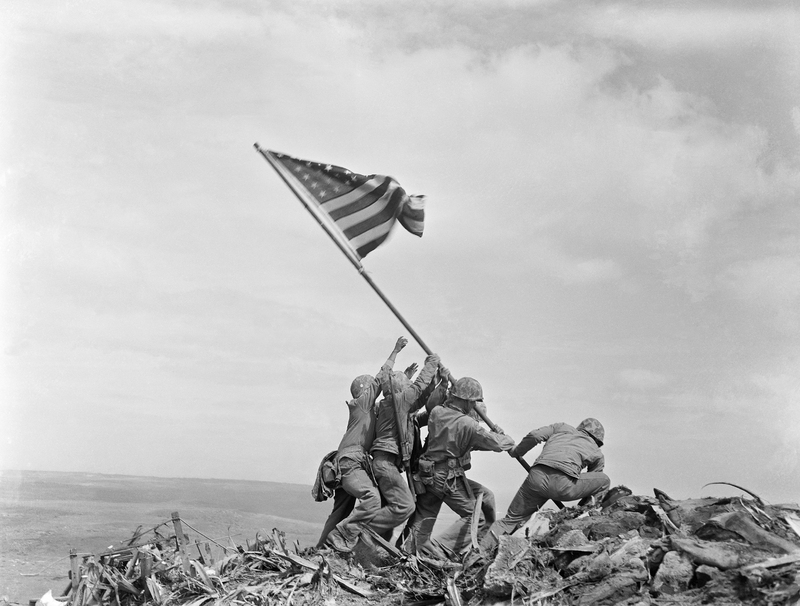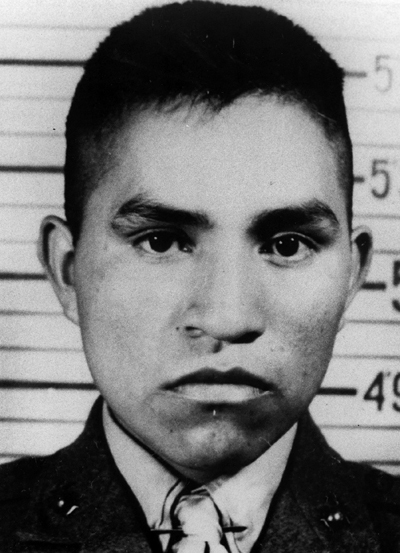Ira Hayes
"And when the fight was over
And Old Glory raised
Among the men who held it high
Was the Indian, Ira Hayes"
In 1964, Johnny Cash released Bitter Tears: Ballads of the American Indian, an album of Native American protest music inspired by the work of singer-songwriter Peter La Farge.
The single “The Ballad of Ira Hayes” is arguably the most popular Native American protest song ever written. It tells the story of Ira Hayes, a member of the Pima Tribe who enlisted in the Marine Corps and fought at Iwo Jima in World War II.
When Hayes returned to the United States, he struggled to acclimate to civilian life and faced continued discrimination for being a Native American. Hayes turned to alcohol to cope - a key theme in the song.
Columbia Records did not offer immediate support to the song, which resulted in limited airplay. Cash hired his own promotional team and took out a full-page ad in Billboard magazine, criticizing radio programmers for not airing the song. Following Cash’s efforts, the song hit #3 on the Billboard Country Singles chart.
At the time of this recording, Cash believed that he was of Cherokee ancestry. He later learned that his ancestry was limited to the British Isles and publicly addressed the issue in the 1990s. Does Cash's lack of native ancestry affect his album's intent in raising awareness of Native American activism?


